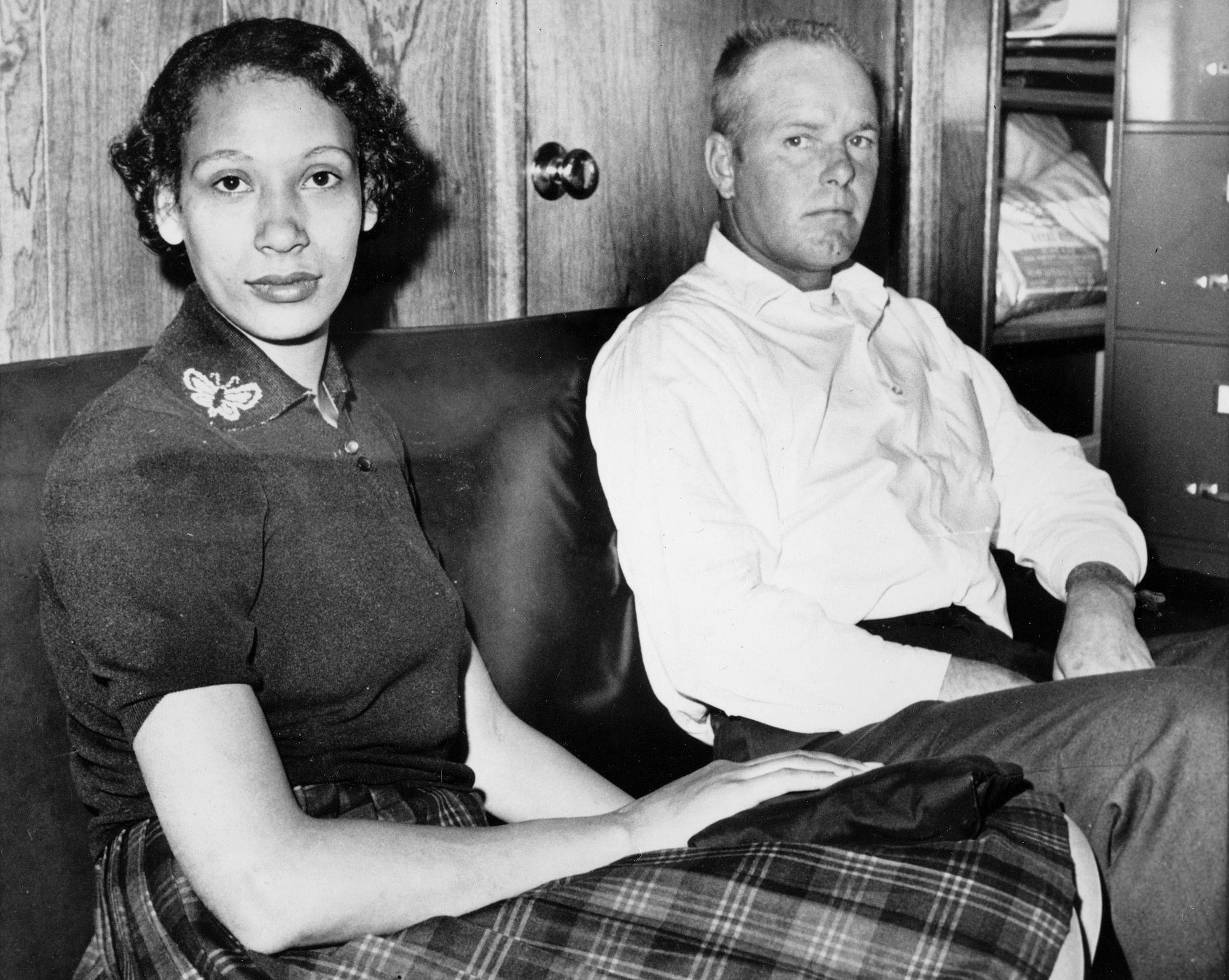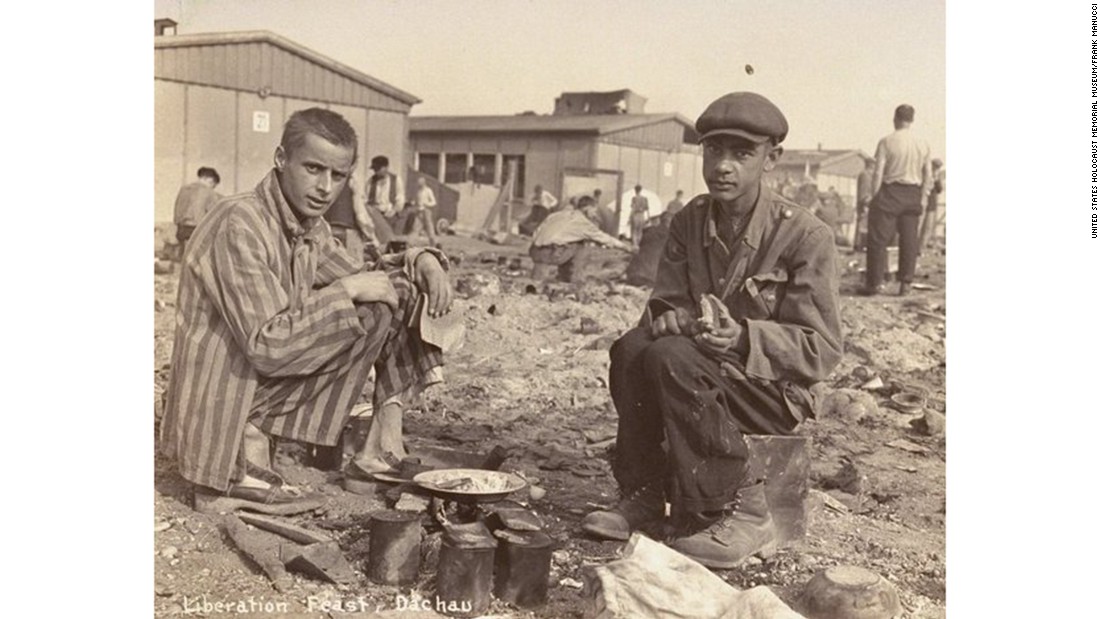Mixed Race in Asia: Past, Present and Future
Routledge
2017-06-15
250 pages
1 B/W Illus.
Hardback ISBN: 9781138282674
eBook ISBN: 9781315270579
Edited by:
Zarine L. Rocha, Managing Editor
Current Sociology and the Asian Journal of Social Science
Farida Fozdar, Associate Professor in Anthropology and Sociology
University of Western Australia

Mixed racial and ethnic identities are topics of increasing interest around the world, yet studies of mixed race in Asia are rare, despite its particular salience for Asian societies.
Mixed Race in Asia seeks to reorient the field to focus on Asia, looking specifically at mixed race in China, Japan, Korea, Indonesia, Malaysia, Singapore, Vietnam and India. Through these varied case studies, this collection presents an insightful exploration of race, ethnicity, mixedness and belonging, both in the past and present. The thematic range of the chapters is broad, covering the complexity of lived mixed race experiences, the structural forces of particular colonial and post-colonial environments and political regimes, and historical influences on contemporary identities and cultural expressions of mixedness.
Adding significant richness and depth to existing theoretical frameworks, this enlightening volume develops markedly different understandings of, and recognizes nuances around, what it means to be mixed, practically, theoretically, linguistically and historically. It will appeal to undergraduate and postgraduate students, as well as postdoctoral and other researchers interested in fields such as Race and Ethnicity, Sociology and Asian Studies.
Table of Contents
- Acknowledgements
- Introduction: Mixed Race in Asia / Zarine L. Rocha and Farida Fozdar
- Section One: China and Vietnam
- Chapter One: “A Class by Themselves”: Battles over Eurasian Schooling in Late-19th-Century Shanghai / Emma J. Teng
- Chapter Two: Mixing Blood and Race: Representing Hunxue in Contemporary China / Cathryn Clayton
- Chapter Three: Métis of Vietnam: An Historical Perspective on Mixed-Race Children from the French Colonial Period / Christina Firpo
- Section Two: South Korea and Japan
- Chapter Four: Developing bilingualism in a largely monolingual society: Southeast Asian marriage migrants and multicultural families in South Korea / Mi Yung Park
- Chapter Five: Haafu Identity in Japan: half, mixed or double? / Alexandra Shaitan and Lisa J. McEntee-Atalianis
- Chapter Six: Claiming Japaneseness: recognition, privilege and status in Japanese-Filipino ‘mixed’ ethnic identity constructions / Fiona-Katharina Seiger
- Section Three: Malaysia and Singapore
- Chapter Seven: Being “Mixed” in Malaysia: Perspectives on Ethnic Diversity / Caryn Lim
- Chapter Eight: Chinese, Indians and the Grey Space in between: Acceptance of Malaysian Chindians in a plural society / Rona Chandran
- Chapter Nine: ‘Our Chinese’: The Mixedness of Peranakan Chinese Identities in Kelantan, Malaysia / Pue Giok Hun
- Chapter Ten: Eurasian as Multiracial: mixed race, gendered categories and identity in Singapore / Zarine L. Rocha
- Section Four: India and Indonesia
- Chapter Eleven: Is the Anglo-Indian ‘Identity Crisis’ a Myth? / Robyn Andrews
- Chapter Twelve: When Hybridity Encounters Hindu Purity Fetish: Anglo-Indian Lived Experiences in an Indian Railway Town / Anjali Gera Roy
- Chapter Thirteen: Sometimes white, sometimes Asian: Boundary-making among transnational mixed descent youth at an international school in Indonesia / Danau Tanu
- Chapter Fourteen: Class, Race and Being Indo (Eurasian) in Colonial and Postcolonial Indonesia / Ros Hewett
- Afterword / Paul Spickard


.jpg)



